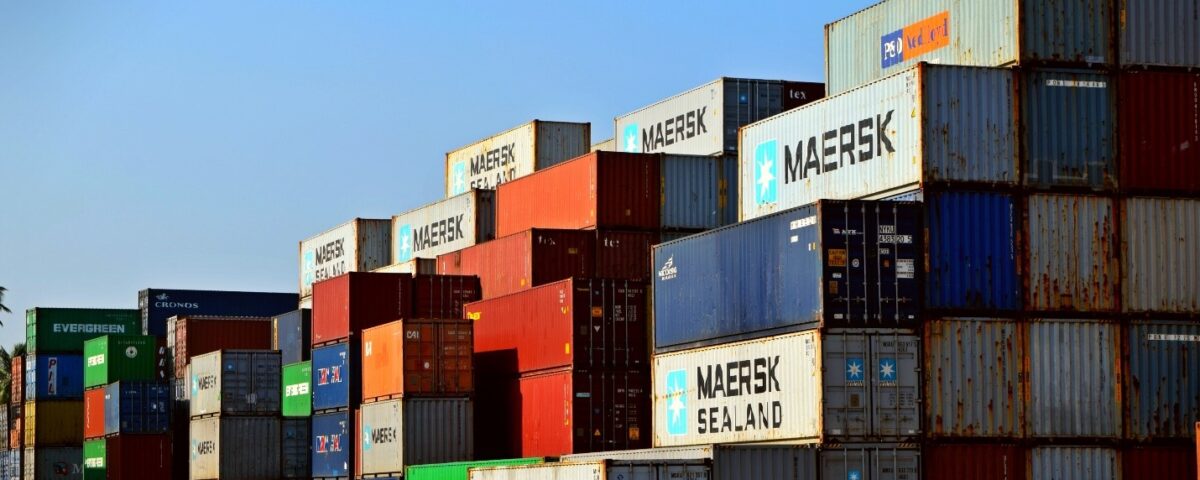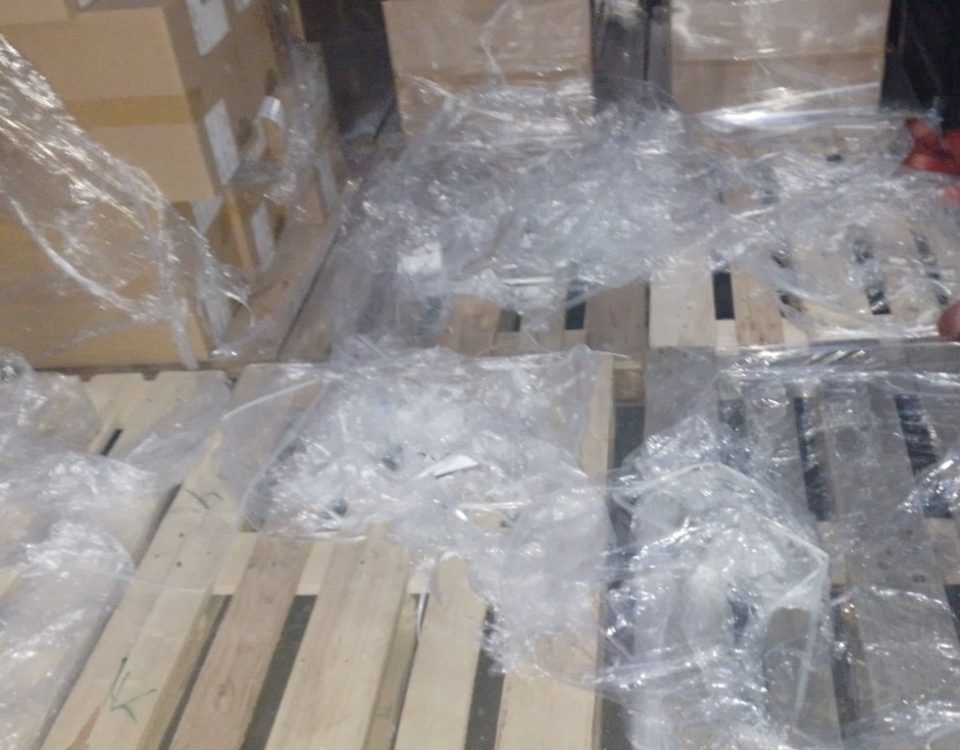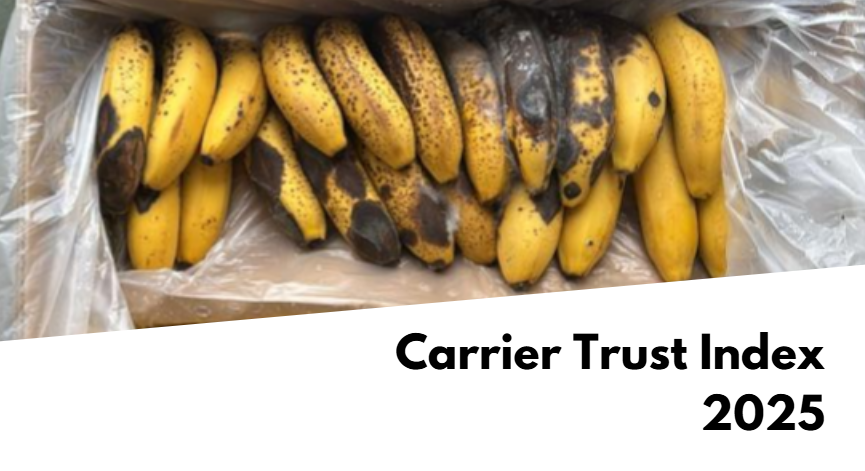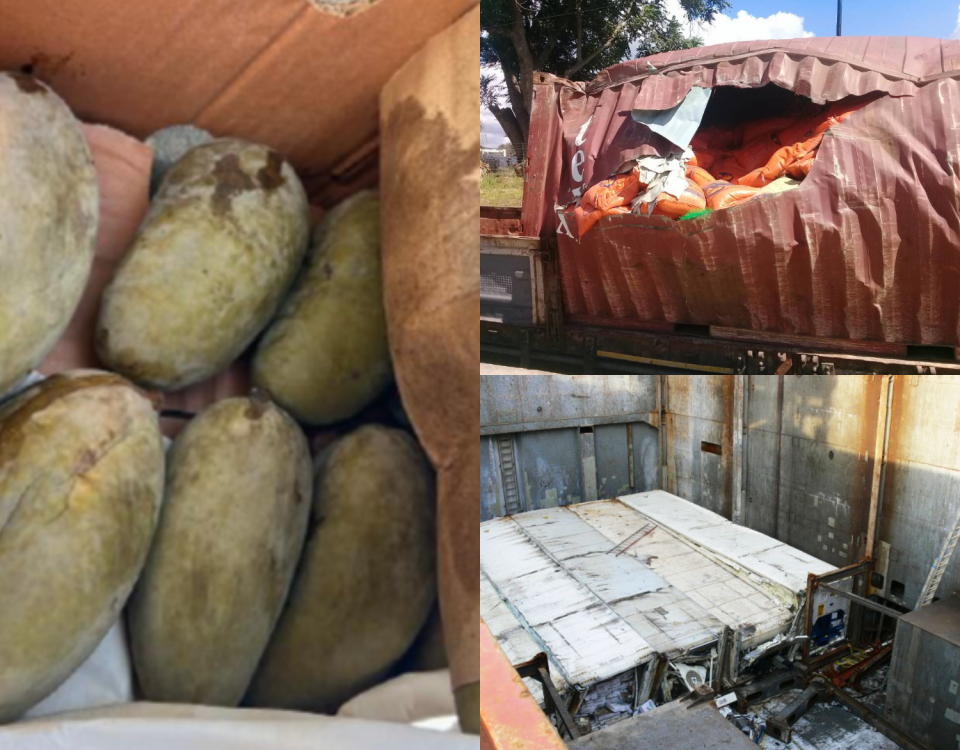What is Incoterms? How it relates to Cargo Claims and Recovery

Top Fruit Exports and How to Avoid Cargo Claims: Pomegranates
August 11, 2023
The Crucial Container Check: Safeguard Your Cargo
August 18, 2023In international trade, where goods journey across oceans and borders, understanding the complex web of rules and responsibilities is paramount. Enter “Incoterms,” a term often whispered in trading circles, carrying both mystery and significance. But what exactly are Incoterms, and how do they relate to cargo claims?
Decoding Incoterms: Defining Trade Arrangements
At its core, Incoterms stands for “International Commercial Terms.” These globally recognized rules were designed to establish a common ground for buyers and sellers engaged in international trade. They delineate the allocation of responsibilities, costs, and risks between parties, outlining precisely when the goods change hands and who bears the burden at various stages of the journey.
However, when the voyage hits rough waters and cargo is damaged in transit, a cloud of confusion often descends. Here’s the golden rule to remember: Regardless of the Incoterms agreed upon (whether EXW, FOB, CIF, and the like), the cargo receiver listed on the Bill of Lading (BL) holds the authority to initiate a cargo claim and pursue recovery from the liable carrier.
Claim Recovery: Beyond the Incoterms
Here’s where the misconception kicks in. The Incoterms dictate the sales arrangement between the seller and the buyer. However, when it comes to cargo damage and liability, the ocean carrier operates outside of this sales arrangement. They are subject to distinct rules and obligations concerning cargo claims and recovery.
What’s the bottom line? The cargo receiver identified on the Bill of Lading possesses the rightful capacity to submit, pursue, and recover a cargo claim from the liable carrier. Regardless of the intricacies of Incoterms, this principle remains unswerving. Moreover, the cargo receiver can choose to delegate this recovery right to other entities, such as the shipper, a recovery agent, a lawyer, or a marine insurer. The flexibility to assign these right underscores the collaborative nature of the recovery process.
In cargo claims, cooperation and evidence gathering are pivotal. Both buyer and seller play crucial roles in substantiating claims and ensuring a successful recovery process. The responsible parties must collaborate, sharing evidence and insights to build a compelling case in the pursuit of claim recovery.
In conclusion, while Incoterms set the stage for trade arrangements, cargo claims and recovery transcend these terms. The cargo receiver’s authority to initiate claims, the ability to delegate recovery rights, and the collaborative effort between buyer and seller underscore the intricate dance that ensures cargo’s safe passage across the globe. Services like Recoupex stand ready to offer expertise ensuring a swift path to recovery in the event of unforeseen setbacks.
Recoupex is a hub of transport lawyers – experts in cargo claims. We assess your case quickly. We have successfully recovered claims from Maersk, Sealand, Hapag-Lloyd, Mediterranean Shipping Company – MSC, CMA CGM, and other carriers.



